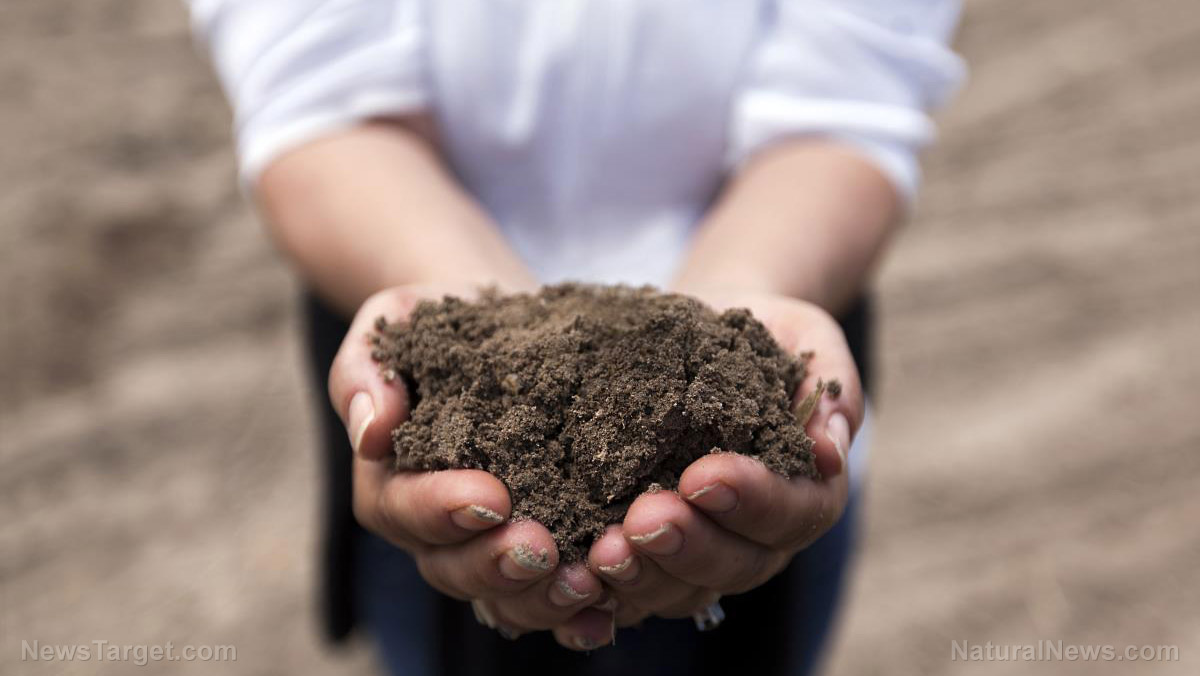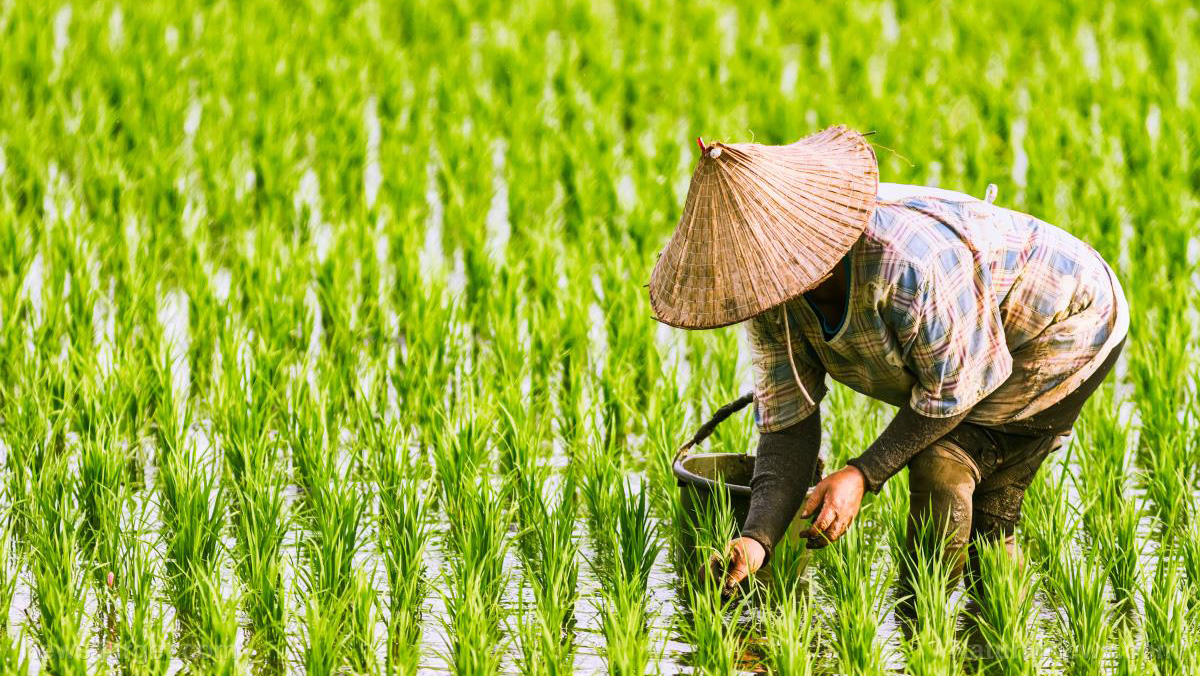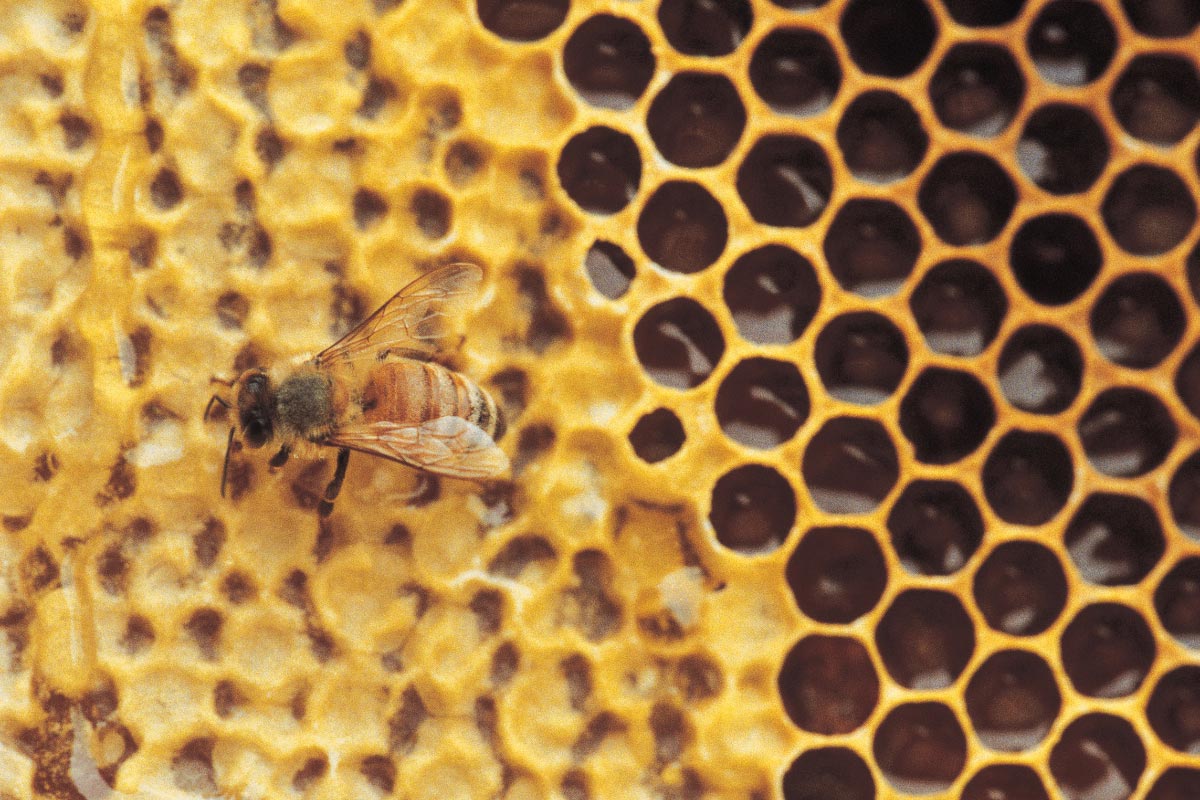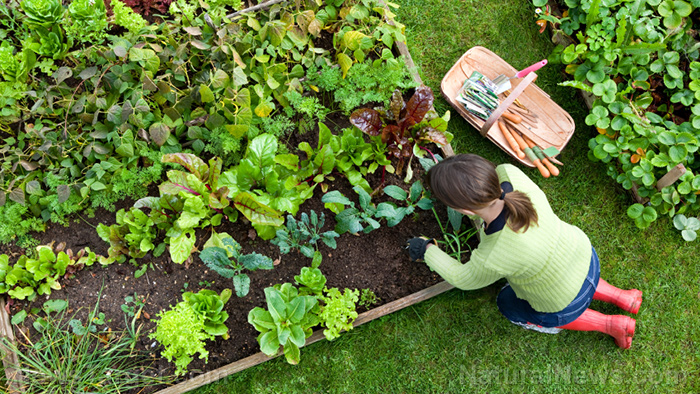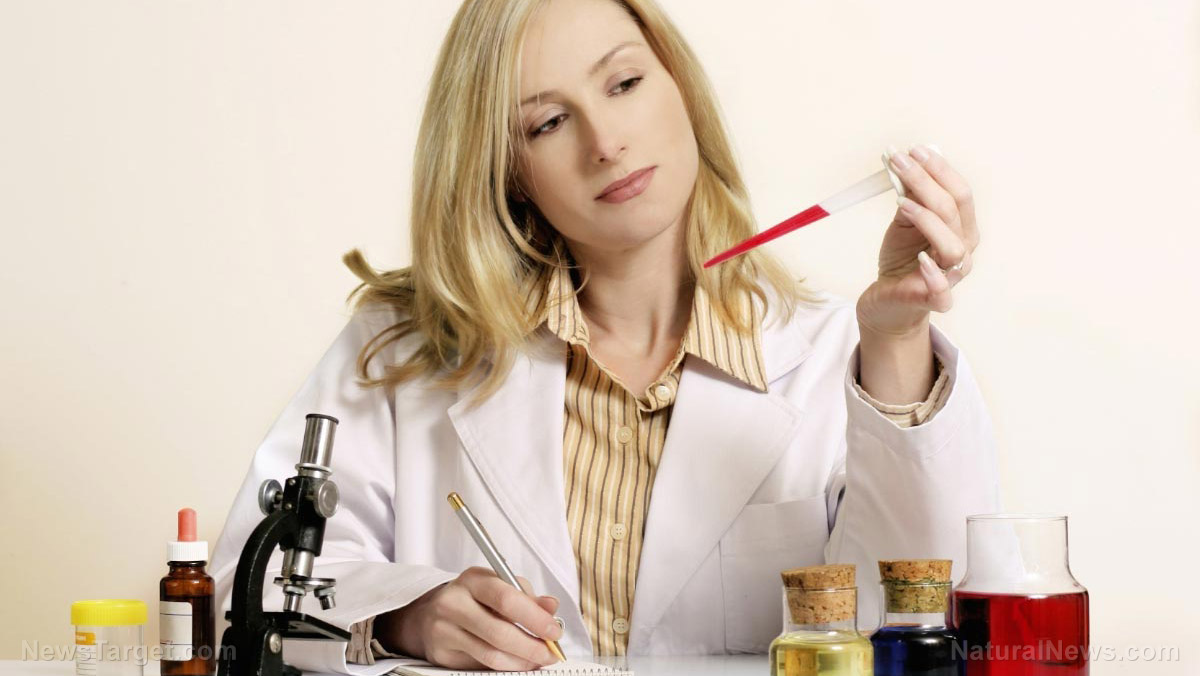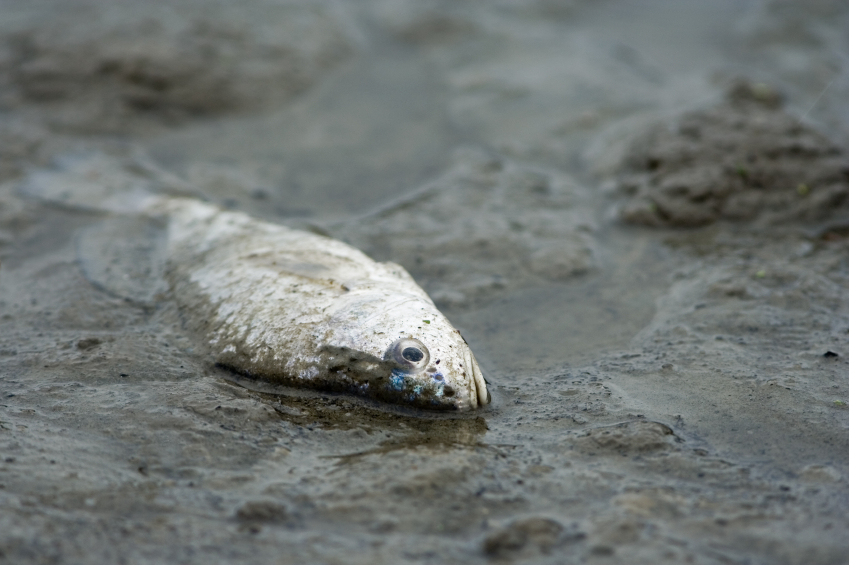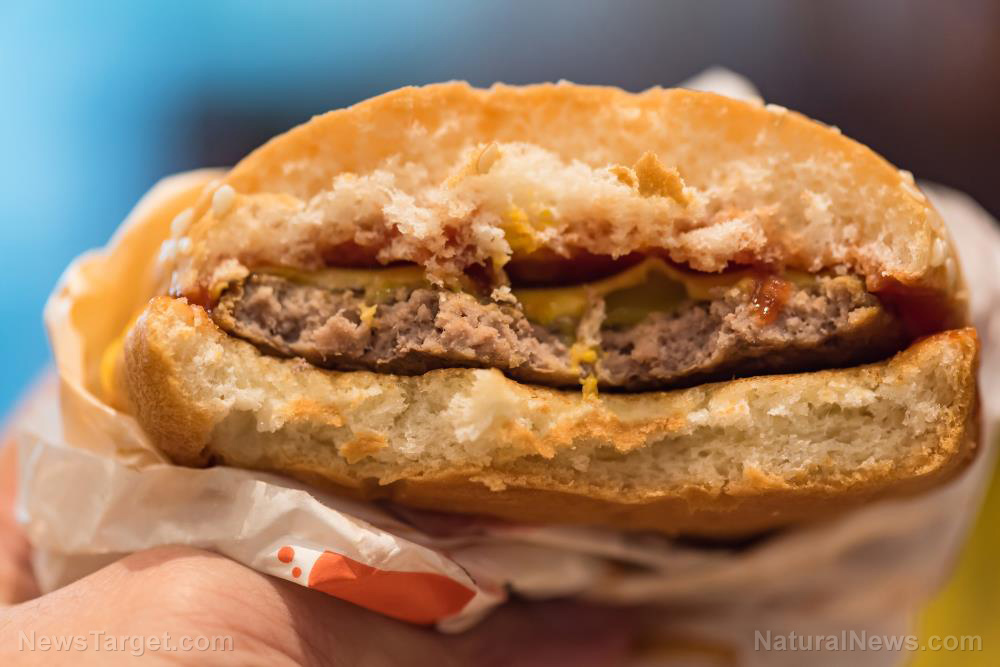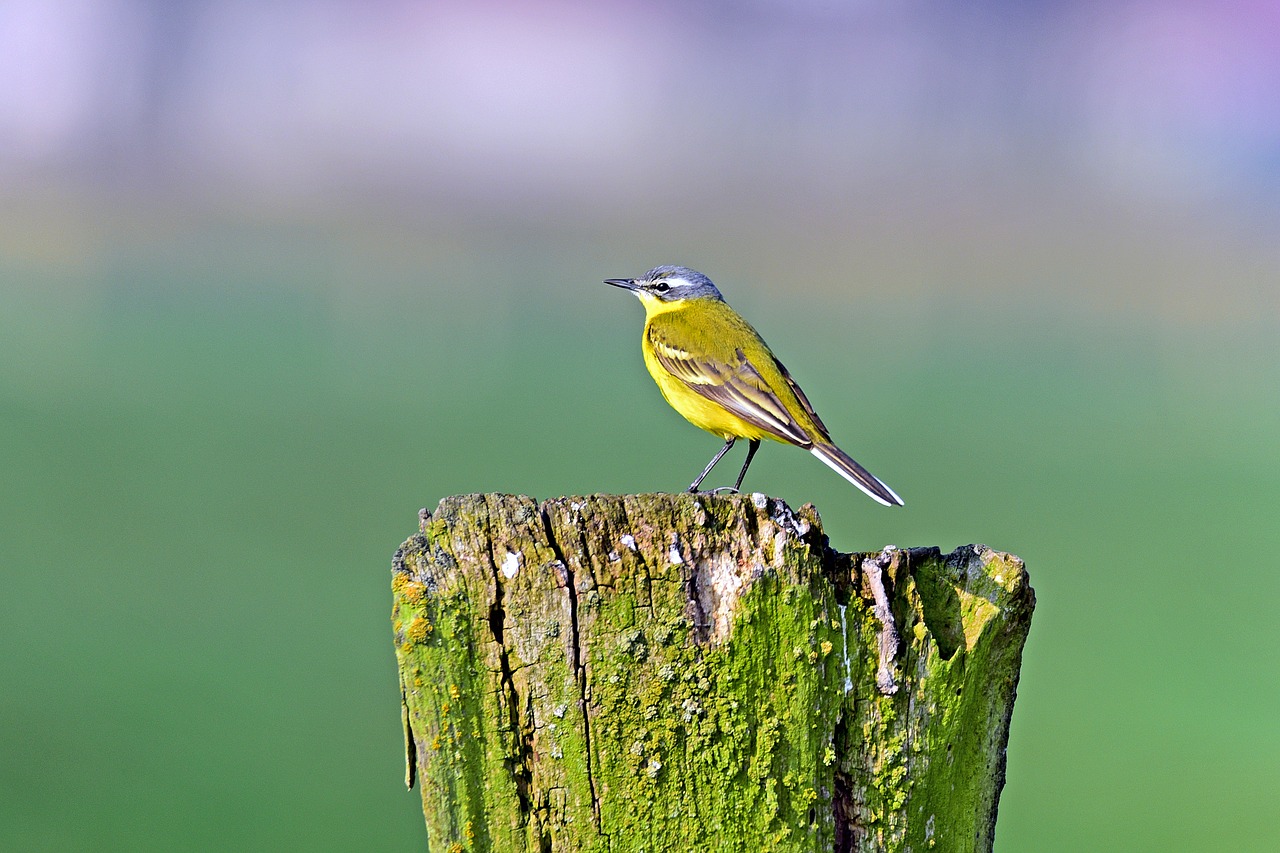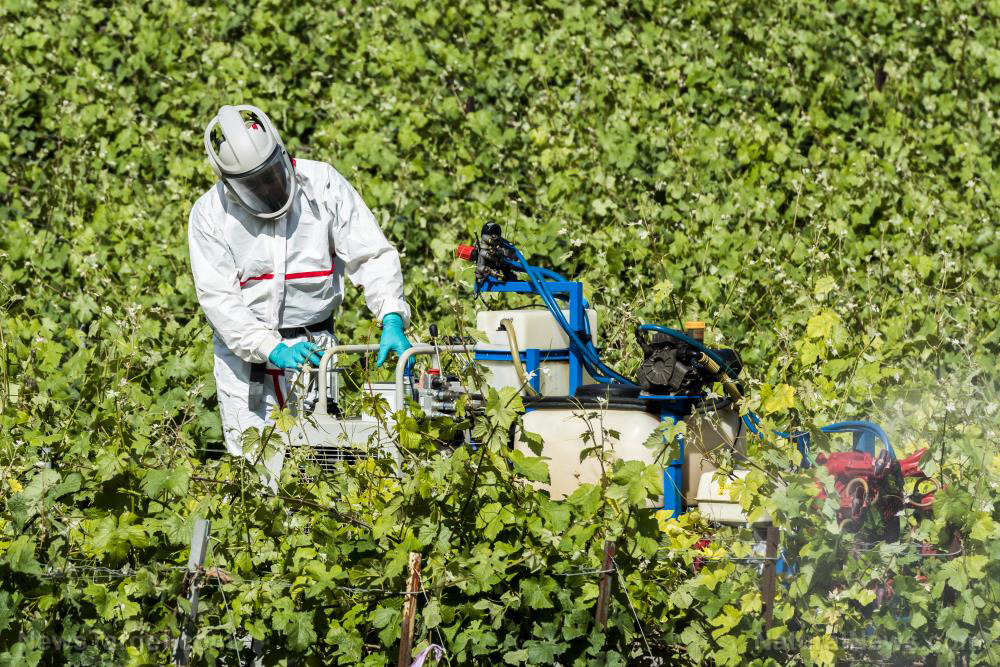Scientists turn pumpkin seeds and peel into greener packaging that could soon replace plastic
08/27/2020 / By Divina Ramirez
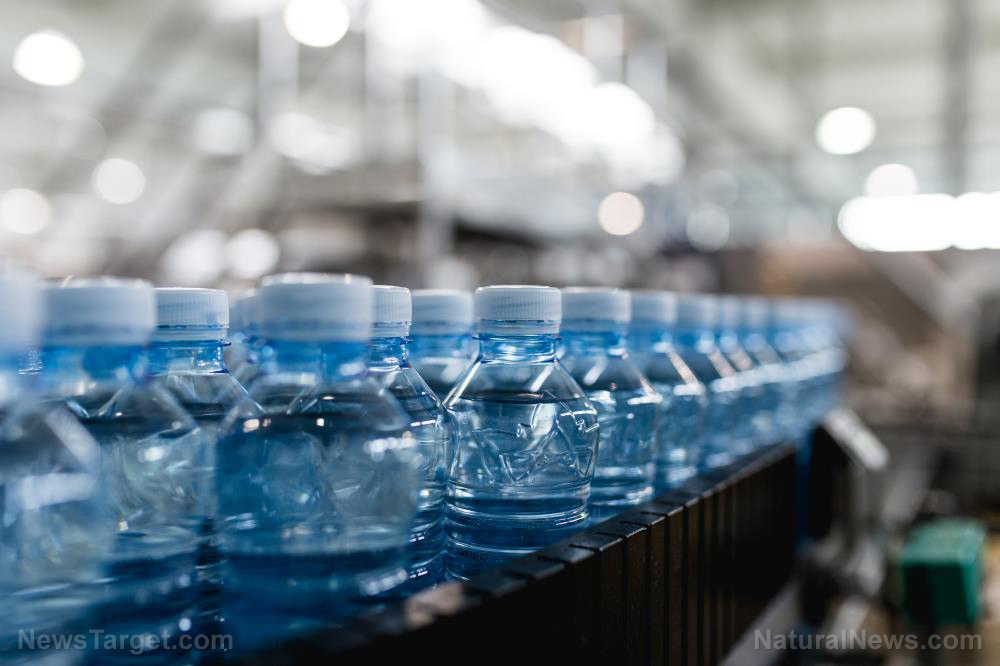
Packaging has a major role in the protection and shelf-life extension of food products. For decades, food producers and manufacturers had used plastic-based packaging because it is cheap and accessible.
But due to the alarming plastic pollution problem that continues to escalate around the globe, scientists are beginning to look into biodegradable substitutes for plastic packaging.
In a major breakthrough, a team of Indian and Tunisian scientists utilized pumpkin seeds and peels to create biodegradable packaging films. The team also studied different compositions of the films using different ratios of seeds to peel. It appeared that an equal ratio of defatted pumpkin seeds to peel produced the strongest film.
Their findings appeared online in the journal Food and Bioproducts Processing.
Repurposing pumpkin seeds and peel into biodegradable packaging
Pumpkins are popular crops around the globe, and their seeds and peels make up the bulk of commercial pumpkin waste. Laxmikant Badwaik, a food engineer from Tezpur University in India, and his colleagues theorized that commercial pumpkin waste can be utilized to create biodegradable films for food packaging.
To start, the group collected mature pumpkin seeds and peels from a local market in India. Both waste products were washed and dried first before being ground into a powder. This process helped “de-fat” or eliminate the remaining oils in both waste products.
The scientists then dissolved this powder in water to create a film-forming solution. This was then treated with ultrasound for 45 minutes to break down large molecules in the solution. The scientists added calcium chloride for strength and an emulsifier after the solution has cooled, then poured it across non-stick plates for casting.
Badwaik and his colleagues repeated this process five times using different ratios of seeds to peel each time. This was done in order to test which film-forming solution produced the best film in terms of its mechanical, barrier and optical properties, as well as its tensile strength.
The film-forming solution made with an equal ratio of defatted seeds to peel produced the strongest biodegradable film.
The development of biodegradable packaging film is one of the better options for the effective use of commercial food waste, the scientists wrote.
Furthermore, producing biodegradable films at a large scale will also be more cost-effective than plastic production due to the waste materials used and the simple film-making method, the group added.
However, a more economical and sustainable commercial model for production needs to be developed first before this biodegradable film can be introduced to the market. (Related: Researchers develop blend of bioplastics that can decompose under diverse conditions.)
Bio-paper has antibacterial effects
Food producers and manufacturers have been scrambling in the recent decade to lessen their carbon and environmental footprint while also saving on costs. Biodegradable films and packaging like the ones that Badwaik and his colleagues made had been the solution to that.
In 2018, the European Union (EU) funded a project called YPACK that aimed to develop a compostable alternative to plastic food packaging. The resulting “bio-paper” was made using food industry by-products, such as cheese whey and almond shells.
Tests showed that the material fully degraded within the regulated 90 days. YPACK project coordinator Jose Maria Lagaron from the Spanish National Research Council (CSIC) also said that the bio-paper had potent antimicrobial effects against Staphylococcus aureus and Escherichia coli.
These two are among the most common causes of food poisoning in humans. Lagaron and his colleagues had incorporated zinc oxide and oregano essential oil into the bio-papers. Both compounds are known to have antimicrobial properties.
In addition, lab results showed that the bio-paper can increase the shelf life of fresh products like meat, fruits and vegetables.
The YPACK project has entered the next phase of consumer acceptance and shelf-life studies, and it is set to be presented at a conference in Brussels in October 2020 before being introduced to the market.
Read more articles about biodegradable substitutes for plastic-based packaging at Products.news.
Sources include:
Tagged Under:


